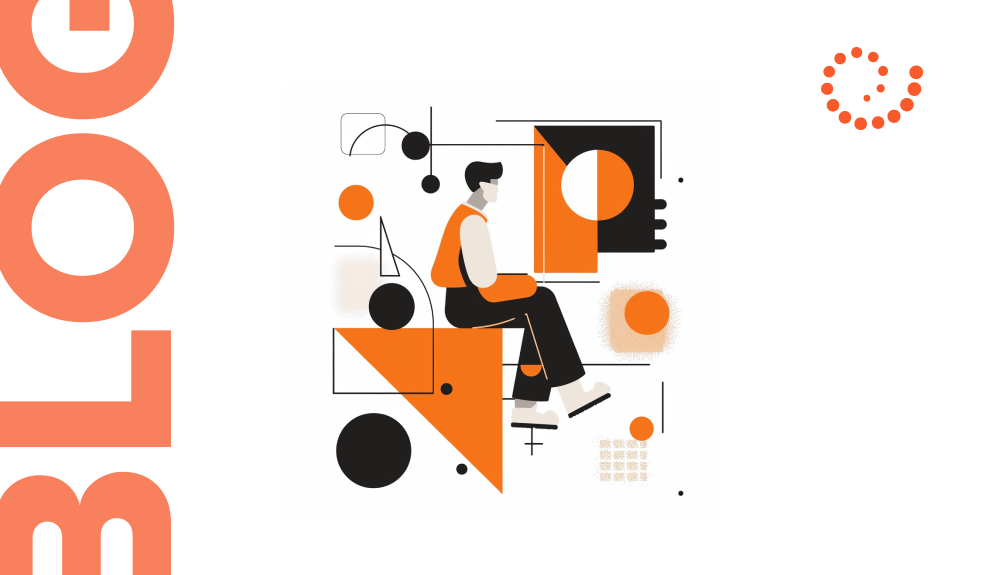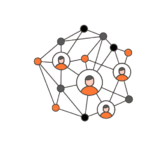
Mentoring versus Hiring?
Kristijan Pušić | February 24th, 2024
The Necessity of Both Hiring and Mentoring
Let’s say a company has a need for a specific IT technology. Do you start hiring or do you start a mentoring process? Times change, a wise poet once said. Sometimes the market for developers is empty, there is no one to hire. Sometimes the level of developers on the market is too low and you just need that senior to feel safe? Developer growth within your own company is a set of processes, has its own complexities, and is not comparable in contrast to hiring. Both are equally necessary in every company. Hiring is a path to company growth, while mentoring is a path to a healthy company culture.
Competence Matrices: A Dual-Use Tool
Recruiting and mentoring are really different uses of the same document. The competency matrices and the people who use them are the same in both cases. Hiring and mentoring involves the same senior developers, HR, and someone from engineering. Maybe a technical lead or a team lead or an engineering manager. Parts of the document are used by HR in the initial skills report before the first interview with a new candidate. The same document is then used later to track the developer’s progress throughout their career. Each developer goes through the recruitment process and is then mentored and tracked until the end of their journey with the company.
The four types of mentors
Technical mentoring involves senior developers with advanced soft skills. It would be best if mentoring only involved one type of mentor and that was it. In reality it is a bit more complex and we have 4 different types of mentors. Different people have different needs. Companies are running projects, launching start-ups and trying to break into large companies at the same time. Unfortunately, it is not possible to cover everything with technical mentoring alone.
- Career Mentor – Mentors are expected to help mentees with their career development by preparing them for a new role. Mentors can help with career planning and goal setting, and advise on professional development and networking.
- Technical Mentor – An experienced professional with in-depth knowledge of a particular technology or tool. Such mentors can help you learn complex technical skills and concepts. This is the type of person we would entrust with the transfer of technical skills.
- Motivational Mentor – this is a role that focuses on developing soft skills, building confidence, and overcoming the mentee’s obstacles. This is someone who can calm you down when you need it, support you when you fail, and encourage you when it seems like you can’t do anything.
- Mentor-Innovator – these are usually people who are constantly researching and developing in new areas. They can help you stay on top of the latest trends and innovations in IT. They are the first to try new technologies, are open to new things, and like to be involved in new ideas.
The Role of Senior Developers and HR
Hiring is used occasionally, and mentoring doesn’t end. Developers are mentored as their skills improve, periodically at Scrum Retrospectives. Technical mentoring for younger developers and more soft skills mentoring in later years of their career. Being a leader and a mentor requires some practice and skills that are not common in normal careers. Loyalty will be rewarded if mentoring is a root of the company culture. Relying on recruitment alone to create a good culture is not the best way to go. Good hiring teams play a role in times when the company is on the rise and trying to hire a larger number of developers. But a larger hiring team also needs some practice to become a good team. Then they will be able to hire a larger number of higher quality developers. HR also needs to hire a certain mindset and recognise some bad behavior patterns. Not to mention a horde of AI-assisted candidates.
HRD’s Central Role
HRD, also known as Human Resources, determines the quality of mentoring and hiring. To evaluate an employee, HR needs to know the motive: Pay raise? Career advancement? Re-qualification? Team retrospective? A new role? At the heart of any organization is HR. From hiring and mentoring to the inevitable off-boarding. But with the hope that the culture will bring the same developer back. There is no price for loyalty.
While the dynamics of the tech industry often require immediate hiring to fill skills gaps, the long-term solution to maintaining a competitive edge and a vibrant culture lies in robust mentoring programmes. This balanced approach ensures not only the continued development of the existing workforce, but also the successful integration of new hires into the IT organization’s ecosystem. By prioritizing both hiring and mentoring, and using tools such as skills matrices, organizations can meet the challenges of the ever-evolving IT landscape and foster a culture of loyalty, innovation and continuous improvement.
Related posts
- Navigating Challenges: Being a Good Technical Lead, part 5In previous articles, I have explained four essential skills for Technical Leads, they were leadership, mentorship, onboarding, and hiring.
- How to Efficiently Scale Your Startup’s Tech Stack for Maximum GrowthWhen scaling your IT startup, choosing the right tech stack is crucial to ensure efficiency, flexibility, and long-term growth.
- 9 Key Measures to Protect Digital Assets and Ensure Data IntegrityDigital transformation represents a significant shift in the way an IT company operates, impacting every aspect of the IT business from operations to customer engagement.
- 8 Cloud Transformation Strategies for Large EnterprisesMigrating legacy systems to the cloud is a critical move for large enterprises aiming to enhance flexibility, scalability, and efficiency of their software solutions.
- 7 Ways to Become A Better Software Engineer MentorContinuous learning and mentorship in IT has always been a cornerstone of a software developer’s career.
- 6 Tips for Building Effective Mentorship Relationships in Software EngineeringMentorship can be either formal or informal. Formal mentorship takes place within a structured mentoring program inside an IT organization.
Ready to Enrich Your Team?

Kristijan Pušić
IT consultant and Business developer
Our consultant is at your disposal from 9 AM to 5 PM CET working days from Monday to Friday for any additional questions.
Recent Posts
- How to Use Kaggle Datasets for Research: 10 Essential Steps
- From University English Teacher to Language Training Specialist: A Journey into the Business World
- Stress Interviews: Hot Trend or Red Flag Central?
- Ensuring Reproducibility in AI Experiments
- Culture-Driven Coding: Leading IT Teams in a Global Landscape






